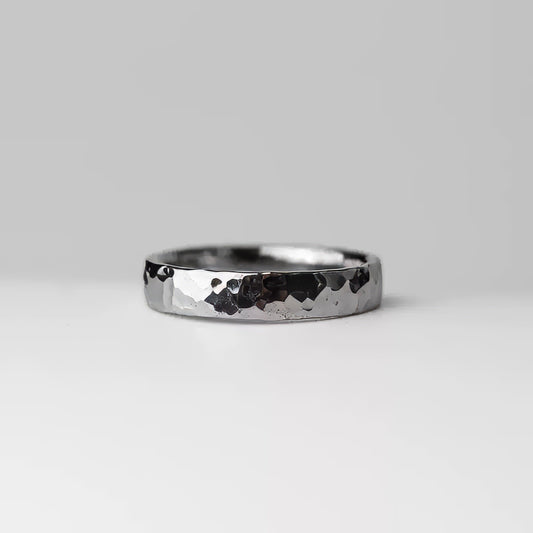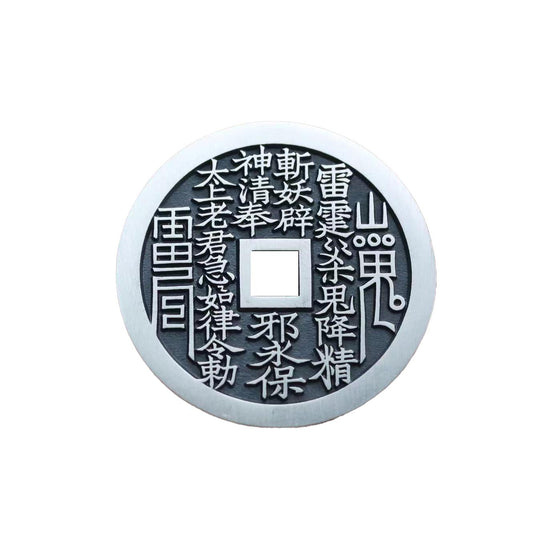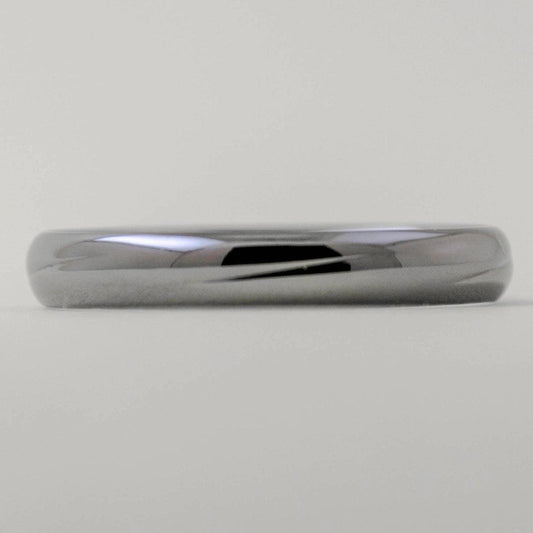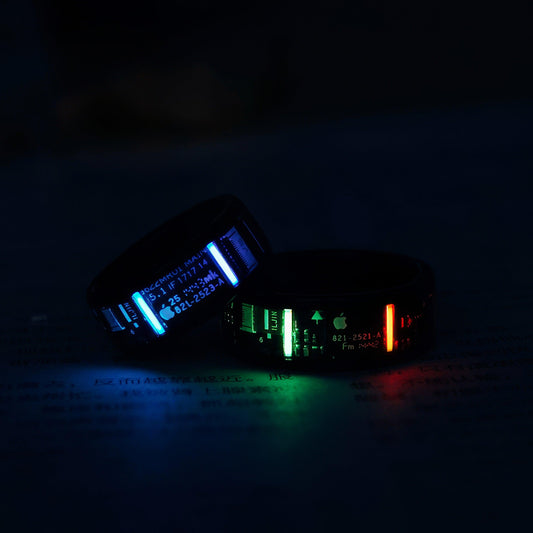The Amazing Metal: Niobium
What Is Niobium?
Niobium (chemical symbol: Nb) is a silver-gray metal that resembles platinum but is much lighter. It is highly resistant to corrosion, making it valuable for a wide range of advanced applications.
The name "Niobium" comes from Niobe, a figure in Greek mythology and the daughter of Tantalus. This name connection is not random—early scientists initially confused niobium with tantalum (Ta) due to their extremely similar chemical properties.
Unique Properties of Niobium
Niobium is widely used across industries due to its outstanding physical and chemical properties:
- High Corrosion Resistance – Niobium naturally forms a protective oxide layer, preventing it from rusting or deteriorating even in harsh environments.
- Extremely High Melting Point (2,477°C) – This metal withstands extreme temperatures, making it ideal for high-heat applications.
- Superconductivity – Niobium is one of the best-known superconducting materials, meaning it can conduct electricity without resistance at extremely low temperatures. This property makes it essential for superconducting magnets and particle accelerators.
- Lightweight and Ductile – Despite being a metal, niobium is relatively light and has excellent malleability, allowing for easy processing and shaping.
- Biocompatibility – Niobium does not trigger adverse reactions in the human body, making it an ideal material for medical implants, orthopedic screws, and dental applications.
How Is Niobium Used?
Niobium plays a crucial role in several industries and even appears in everyday technologies:
- Aerospace and Aviation – Niobium alloys are used in rocket nozzles and jet engines due to their strength, low weight, and heat resistance.
- Superconducting Technology – Niobium is essential in MRI machines, superconducting cables, and particle accelerators, such as the Large Hadron Collider (LHC).
- Electronics and Communication – Niobium oxide is a key material in capacitors, which are used in smartphones, computers, and other electronic devices.
- Steel Industry – Adding small amounts of niobium to steel greatly enhances its strength, durability, and resistance to corrosion, making it perfect for bridges, construction materials, and high-speed trains.
- Medical Applications – Due to its biocompatibility, niobium is used in pacemakers, surgical instruments, and dental implants.
Niobium’s Rarity and Global Supply
While niobium is not the rarest metal on Earth, its deposits are highly concentrated in only a few locations. Over 80% of the world’s niobium supply comes from Brazil and Canada. Because of its limited sources, niobium is classified as a critical metal, meaning it plays an essential role in industry and has a relatively stable market value.
The Future of Niobium
With advancements in technology, the demand for niobium is expected to grow. Its applications in renewable energy, superconductors, and next-generation computing are expanding rapidly. Industries such as high-performance batteries, superconducting power transmission, and aerospace engineering are increasingly incorporating niobium to improve efficiency and performance. As research progresses, niobium will likely play a vital role in shaping future innovations.
Niobium may not be as well-known as gold, silver, or iron, but it is an essential metal in modern technology, industry, and medicine. Thanks to its lightweight strength, corrosion resistance, and superconducting properties, niobium is becoming a key material in cutting-edge advancements. As industries continue to evolve, niobium’s role will only become more significant, influencing the future of technology, energy, and materials science.
Our designers, after numerous experiments, have successfully crafted this metal into a ring that has received widespread acclaim. Click No.41 Minimalist Cool-Style Pure Niobium Ring to explore it—we hope this ring adds a touch of joy to your life.











